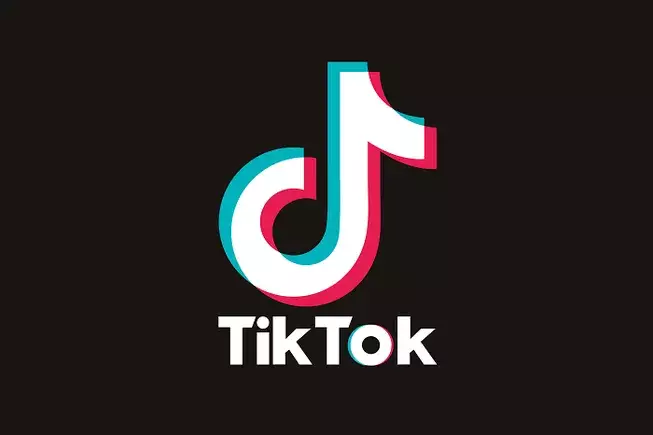TikTok, the social media platform that has taken the world by storm, finds itself at the heart of a complex political landscape in the United States. With its Chinese ownership raising national security concerns, TikTok’s journey in America has oscillated between potential bans and reinstatements. This analysis delves into the recent developments concerning TikTok’s availability in U.S. app stores, the political underpinnings of these changes, and what this implies for the future of the app as it navigates both regulatory and consumer landscapes.
In a significant turn of events, TikTok has been reinstated in the Google Play and Apple App Stores, following governmental assurances preventing penalties against the companies for hosting the platform. This removal from the app stores was part of a broader backdrop involving the “Protecting Americans from Foreign Adversary Controlled Applications Act.” Initially, the legislation required TikTok to divest from its Chinese ownership by January 19, which set in motion a mad scramble for potential buyers among major American tech giants. Despite the impending deadline, no acquisition materialized.
However, the inauguration of President Trump created a renewed window of opportunity. He signed an executive order that extended negotiations by 75 days, allowing TikTok to operate while discussions continued. This pivotal executive action did not, however, revoke the existing law, leaving a lingering uncertainty hanging over the platform’s future.
As the situation unfolded, major tech companies like Oracle remained steadfast in their support for TikTok, ensuring operational continuity for existing users. Apple and Google, however, opted for a more conservative stance. Initially, they removed TikTok and its sibling apps, such as CapCut and Lemon8, from their stores. But the tide shifted again when newly sworn-in Attorney General Pam Bondi issued legal confirmation that the app would be safe from prosecution, essentially offering a green light for its reinstatement.
Yet this momentary victory for TikTok should be tempered with caution. The app’s lingering legal framework amidst growing scrutiny from the U.S. government signifies ongoing challenges. For now, TikTok enjoys a reprieve until the 75-day negotiation period elapses, but the future remains fraught with hurdles.
With the looming deadline of Trump’s extended negotiations, the speculation over a potential deal for TikTok’s future is rife. Various discussions involving major players like Microsoft, Oracle, and Amazon underscore the interest in securing a U.S. stake in the company. However, the parameters of any possible agreement remain shrouded in ambiguity. Trump has raised the idea of the U.S. government taking a direct interest in TikTok, but any agreement must also navigate the complexities imposed by Chinese regulations, as ByteDance explores ways to achieve an acceptable compromise.
The ongoing dialogues between TikTok officials and the Trump administration appear to contribute to recent developments. This intricate web of negotiation highlights the fast-moving nature of political realities and the digital ecosystem. TikTok’s platform, with its massive user base, particularly among younger demographics, is not simply a social media application; it has morphed into a political bargaining chip.
Despite the political machinations, TikTok’s cultural influence in America persists undeterred. With over 15 million followers, Trump’s own usage of the app demonstrates a unique fusion of traditional politics and digital engagement. Nevertheless, this blend of admiration and skepticism is mirrored in how the general public perceives the app. Some remain wary of its Chinese roots, while others revel in the creative outlet it provides.
As optimism mingles with uncertainty over TikTok’s future, users continue to flock to the platform, demonstrating that digital spaces often transcend political rhetoric. Yet, how sustainable this dynamic remains hinges on the efficacy of any deal that might ultimately be struck.
The reincorporation of TikTok into American app stores marks a temporary stabilization amid ongoing political negotiations. As the platform oscillates between acceptance and regulation, it stands at a critical juncture. The future of TikTok in the U.S. will likely reflect broader ideological battles over technology, privacy, and national security. Only time will tell how this turbulent chapter unfolds and whether TikTok can secure a safe harbor in American digital culture for years to come.


Leave a Reply